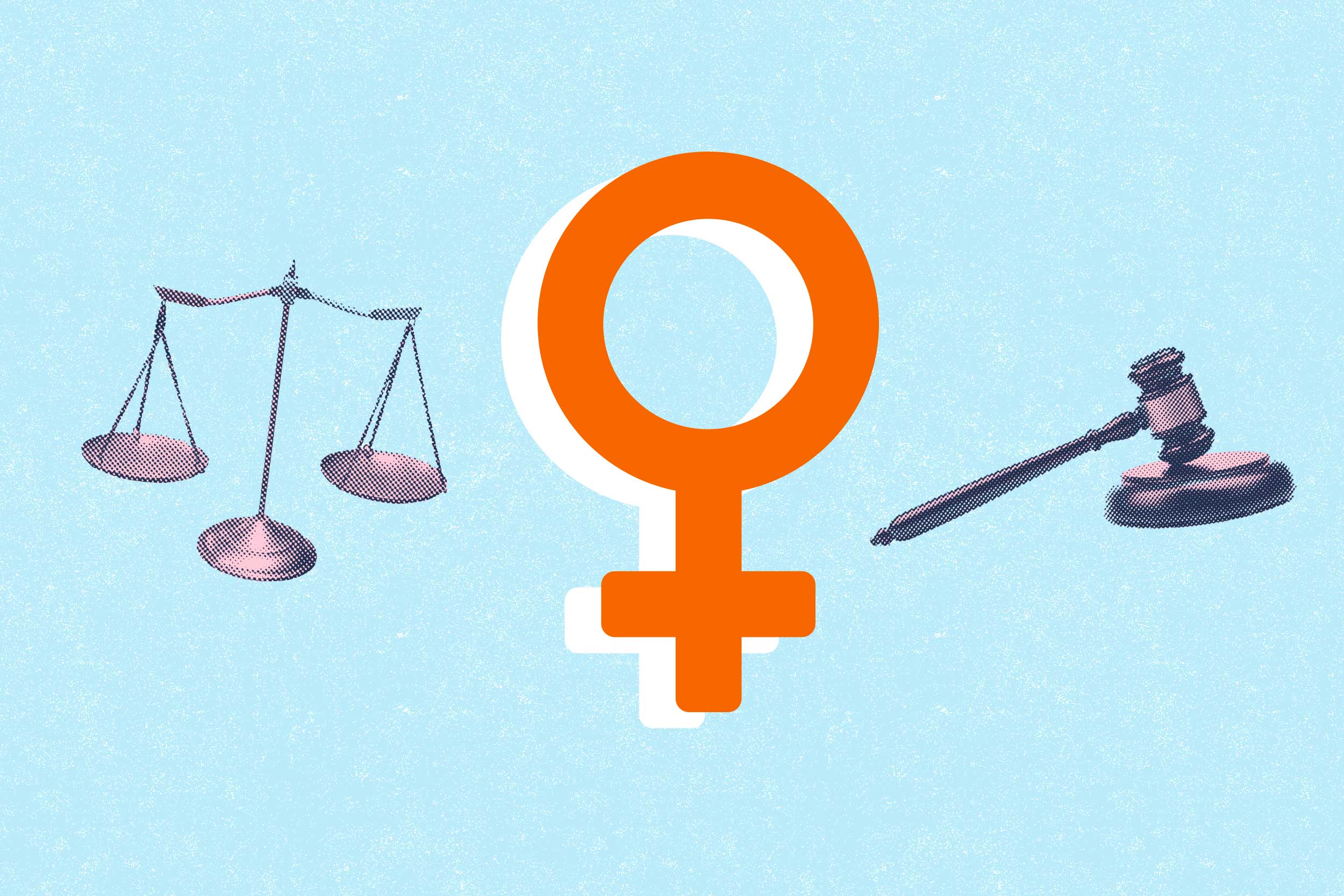After writing an article on menopause and the law three years ago, University of Virginia School of Law professor Naomi Cahn realized there was enough material to fill a book.
“Hot Flash: How the Law Ignores Menopause and What We Can Do About It,” by Cahn, Emily Gold Waldman and Bridget J. Crawford, will be published Oct. 29 by the Stanford University Press. A panel of experts will discuss the book through a LawTech Center event Monday at 1 p.m. on Zoom.
“There is a lack of knowledge about what menopause is, and the fact that it’s a naturally occurring process,” Cahn said.
Menopause is the natural cessation of menstruation that usually occurs between the ages of 45 and 55. In U.S. law, however, employees’ rights and employers’ obligations for workers experiencing menopause are unclear, as Cahn and her co-authors cataloged.
Cahn co-directs UVA’s Family Law Center and is the Justice Anthony M. Kennedy Distinguished Professor of Law and Armistead M. Dobie Professor of Law. She previously wrote books about family law, women and the economy, politics in families and more.
When she first discussed the new book idea with her co-authors, the trio debated whether it was possible to write a book on menopause. When they first started collaborating in 2021, menopause as a legal issue garnered considerably less attention than it does today.
But now they feel “there is still so much more to say – about subjects such as race and culture, and the future of health care treatments and public education campaigns,” Cahn said. “Now, you have people like Oprah and Michelle Obama talking about it. The White House is issuing policy papers and briefing documents saying, ‘We need to pay more attention to this issue.’”
Menopause Capitalism
It wasn’t always that way. Historically, silence and stigmas surrounding menopause created conditions where bias and discrimination proliferated in places from courtrooms to breakrooms.
“There is a stereotype that menopause is associated with less mental acuity,” Cahn explained.
In the book, which explores stereotypes surrounding menopause and the way it is treated in law and medicine, she and her colleagues delve into historical illustrations of the issue.
In the 1960s, for example, airlines tried to limit the age of female flight attendants. Airline directors argued the changes associated with menopause could interfere with attendants’ performance. In the early 1900s, some civil case defendants used the “menopause defense,” which argued women of menopausal age could not display sound judgment.
That maneuver was used against plaintiffs over the age of 35 in workers’ compensation cases. Employers would claim employee complaints were based on the effects of menopause rather than anything to do with actual workplace conditions. The menopause defense was also used in negligence, divorce and tort cases.

Naomi Cahn co-directs UVA’s Family Law Center and is the Justice Anthony M. Kennedy Distinguished Professor of Law and Armistead M. Dobie Professor of Law. (Contributed photo)
Legal issues surrounding menopause still exist today in employment law, privacy protections, health care research and other contexts.
A market the authors dub “menopause capitalism” is emerging, evident in digital apps that feed on the hunger for menopause information and treatment. Cahn argues better regulation of the menopause industry is necessary to ensure the protection of consumer data.
In “Hot Flash,” Cahn, Crawford and Waldman call for public education campaigns to teach laymen and medical students about the process, as well as more research on menopause treatments, the inclusion of people of menopausal age in clinical trials and consideration of menopause in workplace policy.
Cahn said even something as seemingly simple as the uniform employees are required to wear can affect a menopausal individual.
“There should be flexibility in uniform requirements to benefit all employees, accounting for different physical conditions, including the hot flashes associated with menopause,” Cahn explained.
To the extent workplaces can accommodate different schedules, they should adapt to those experiencing menopausal symptoms, much as is now required under the Pregnant Workers Fairness Act. She and her co-authors argue that work leave should be available for those enduring the physical effects of menopause, which can include symptoms such as headaches and dizziness.
“The law has a role to play in helping dissolve the stigma both within and outside of the workplace,” she said.
Cahn and her colleagues call for workers’ ability to take legal action against discrimination based on menopause, improved publicity surrounding potential menopause treatments, a higher number of clinical trials to explore data collection and new forms of health care, and increased funding for public education.










